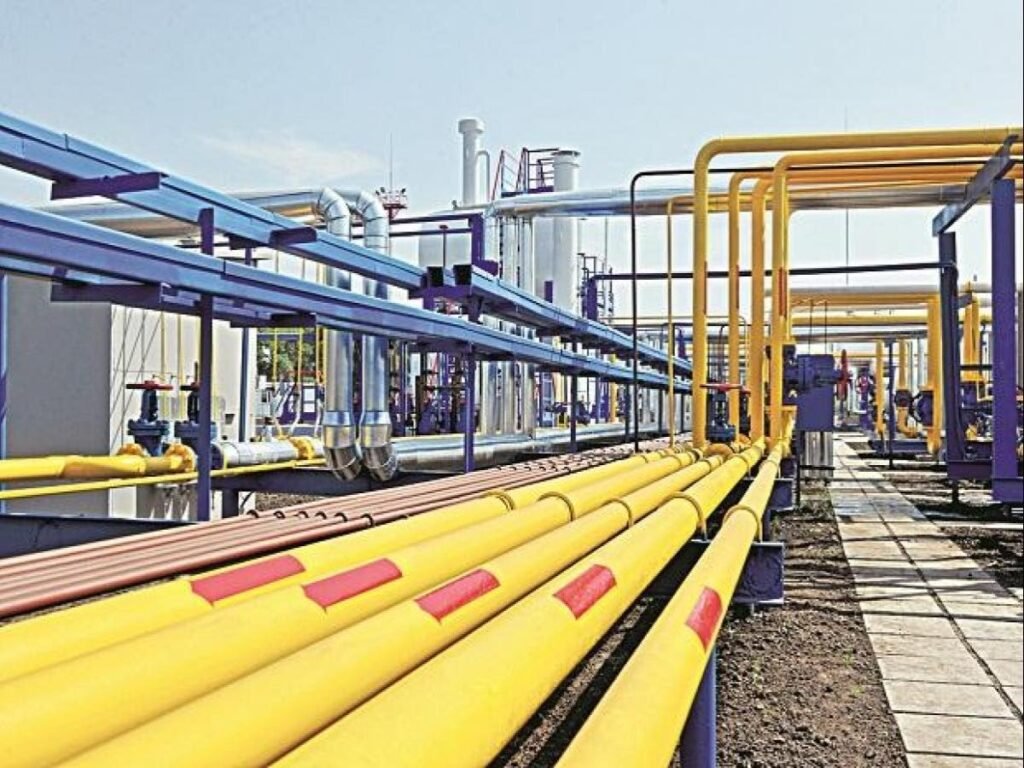|
Listen to article
Getting your Trinity Audio player ready...
|

A popular saying goes “The only constant in life is change”. Little did one know that the onset of 2020 will put the quote in such clear perspective. While the first and a good part about the second decade of the 21st century was about diminishing borders, bringing nations together, globalisation, and integrating supply chains, it was 2020 that changed it all.
With the rise of right-wing parties in almost every continent, the tryst with global pandemic and a complete halt of all cross-border activities, world leaders realised the downside of an interlinked global supply chain. National priorities were re-aligned and decision making turned inwards.
Atmanirbhar Bharat too is an idea which has its seeds germinating in the belief of a healthy domestic demand-supply equilibrium to balance out global shocks. Atmanirbharta in the Indian context is defined as self-reliance, self-sufficiency and self-confidence. This in no way means disintegration from global supply chains but greater integration of local supply chains with national goals.
Atmanirbharta is not just restricted to economics, trade or commerce but has overarching goals of creating a nation with multi-sectoral self-reliance. Ensuring energy security for a nation of 1.3 billion lies at the bedrock of this idea. Energy Security is topping the development agenda worldwide, with countries striving hard to ensure the availability of clean, affordable and reliable sources of energy for the masses. The energy consumption patterns are shifting away from the conventional source of oil towards cleaner alternates.
The Prime Minister of India, too, has been vociferous about his vision of “One Nation One Grid” i.e., the idea of connecting the entire nation under one unified gas grid to ensure the availability of accessible, affordable and acceptable forms of energy.
Gas amongst the available alternates is being pitched as a balancing fuel owing to its advantage of burning cleaner than oil, ease of transportation and ease of availability which also makes gas an important pillar of developing nations energy security. The Asia-Pacific region led by China and India leads the gas consumption pattern globally.
As per estimates by the International Energy Agency, the global demand of natural gas dropped by 4% owing to the slowing down in economic activity because of the pandemic. However, with global economies showing signs of recovery the demand of natural gas is also expected to improve by about 1.5% per year. The increase in demand however will depend to a great extent on the policies being adopted by energy guzzling developing nations like China and India.
While the onus of stabilising demand lies on Asia-Pacific, the supply side equilibrium is more concentrated around North America and the Middle East. It was the shale gas revolution that made the US the largest net supplier of gas to the world, however, the year-on-year decline in investments in the US might change this. In the Middle East, Qatar has been the largest supplier of gas but is now being closely followed by Australia which is expected to cross the 100 bcm mark. Russia is still the largest supplier of LNG to Europe along with some African nations.
The Government of India is steadfast in its commitment of increasing the share of gas in its energy consumption mix from 6% to 15% by 2030. Apart from the advantage of burning cleaner and cheaper availability, gas also has the advantage of easy transportation. With the successful rolling out of the City Gas Distribution Network, 53% of the country’s geographical areas affecting 70% of the population has been provided with a reliable and uninterrupted source of gas.
Pipelines are also being used as preferred means of transportation of gas to ensure quick, affordable and accessible delivery of gas throughout the country. India has a functional gas pipeline of 16,981 kms with an additional 16,000 km under construction.
Apart from warranting quicker, more efficient and more voluminous transportation of natural gas, pipeline infrastructure also ensures national development by generating both direct and indirect employment opportunities. The 450 km long Kochi-Mangaluru natural gas pipeline which was recently dedicated to the nation by the Prime Minister is said to have generated 1.2-million-man days of direct employment. The pipeline once commissioned is also expected to generate an even greater number of indirect employment opportunities benefiting not just the oil and gas sector but also fertiliser, power and petrochemical industries.
The numbers, though small individually, create a much larger impact on the national economic fabric. The 1.2 million man days of employment for 450 km when pitched against 16,000 km of under construction pipeline adds up to generate around 4 billion man days of employment.
Of all the available conventional sources of energy production, gas is seeing a consistent increase in demand with the trend expected to continue in the future. The use of gas in the global energy consumption basket has doubled from the 1990 levels in 2018. The increased dependence on gas and its import has also led developing countries to look for domestic gas exploration opportunities thus ensuring continuous and cheaper availability of the fuel.
Global policy watchers say that superpowers of the 21st century will no longer be countries with fancy weaponry or greater number of oil wells but rather countries with more sophisticated technology, clean energy and greater connectivity. In its bid to become Atmanirbhar in all aspects of societal, human and social context India is moving ahead with greater grit and determination.






Good Article Deeksha. We also need to focus on green diesel given the volume of legacy waste in the country, which needs to be processed